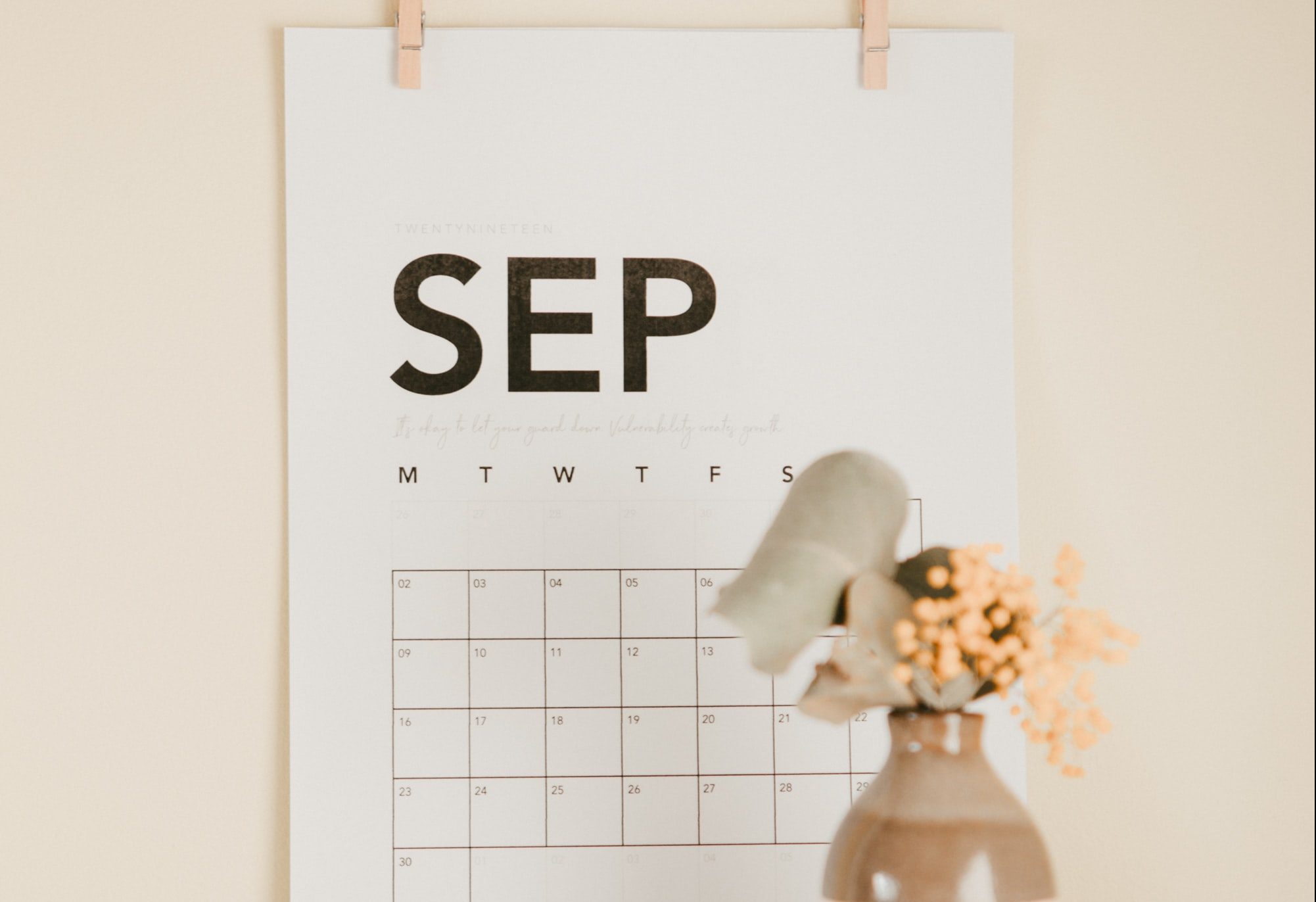For budding PhD students and Master students, especially in the humanities, the wall between pure academic and public commentator is rapidly melting. Though it was always a very porous divide the landscape of social science is shifting and reconfiguring itself to fit the modern age. The days of public funds for social science are at a end. Cost cuts in both academia and government means stakeholders now want to see tangible impacts of research. Even as funding restricts the number of candidates multiplies so if you fancy a career in academia don’t expect a tenure track position to be available upon completing your PhD.

Master students likewise will find that while their masters degree puts them ahead of other candidates, it’s usually for entry level rather than managerial positions. So how do you set yourself apart from the pack? Publishing is a good start. Though not be all end all being a contributor to a magazine, newspaper or blog especially one that is widely read in your field. For PhDs and masters, peer reviewed journals are of course important, but popular or more widely read publications also have a number of advantages and this is what I will focus on.
- You are no longer just following the main conversations in your field, but actively contributing to them and thus becoming a stakeholder.
- Those ahead of you both senior members of your field and more junior members come to be familiar with your name and your work.
- Familiarity makes you recognisable. A hiring committee may have more than one member who recognizes your name on your CV from something they read.
- Human civilization is addicted to data. Smartphones have made it easy to consume mass media and most people regularly check popular sites that are in their field. Publishing puts you in front of them frequently.
- Publishing begets new opportunities because as you become more well known journalist, other stakeholder, and perhaps even think tanks and government figures might solicit your opinions. This magnifies your exposure further and with it further opportunities.
So we have established that publishing is a good idea. So how does one do it? I would recommend looking at the popular press in your field. As a historian focuses on US-Russian relations since the 1990’s Foreign Policy is a excellent outlet. A student of business could look at the Financial Times, a student of economics could look to one of a number of economic magazines.
It is important to find a outlet that will benefit you in the long run and that is reputable. In today’s saturated media landscape publishing can be a double edge sword, so do your do diligence.
Then you submit through the public submissions portal right? Wrong! It is sad but true that though reputable outlets demand content is sky high, so are submissions. Direct submissions are frequently overlooked or ignored not out of malice, but just because the tighter margins affecting most industries have affected publishing as well. Less staff are doing more work. So it is best in my experience to cut the gordian knot and try to go directly to the source.
Here is where networking and social media interaction is crucial. See if you know or follow on social media anyone who has previously published with your targeted outlet and see if they will connect you directly to a editor. Approaching a editor directly can be intimidating so best to do so with the recommendation of someone who has published with them, and in a casual manner.

Emails quite often become a torrent and it can be difficult for people to get through them. In the past I have had success with using Twitter as a means to informally connect and mention my thoughts for potential articles. Another potential in road is co-authoring if you know someone who has published suggest a idea and a co-authorship.
Conversely once you do publish extend a helping hand to perspective authors and offer to co-write a piece with them. Once you connect with a editor don’t take too much time come up with a clear one sentence summary of what you are planning to write ask their word count specifications and then turn a in a draft in a timely manner five working days is usually a good turn around for a op-ed or argument article.
Be sure to allow time for feedback from senior people in your field professors mentors or fellow students. Then be patient but persistent helping to shepherd it through publication. After the first publication subsequent publications get easier so be willing to accept lower fees or no fee if it is in exchange for putting out a article at a well known outlet.
Hopefully publishing will help to boost your overall profile and make you a net contributor to the conversation.






Incredible stuff. I might look into publishing if I do study law at the postgraduate level. Thank you for this.